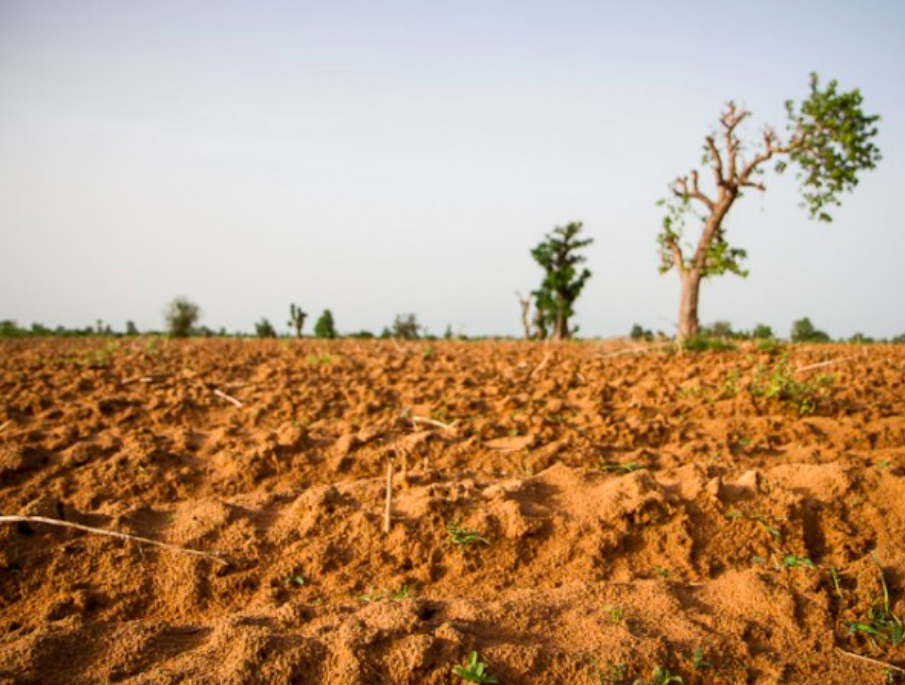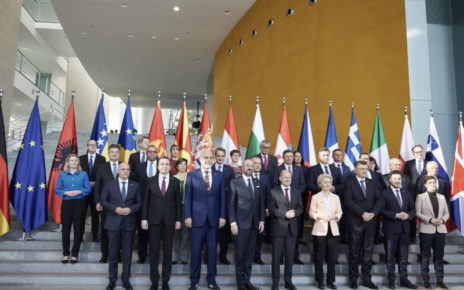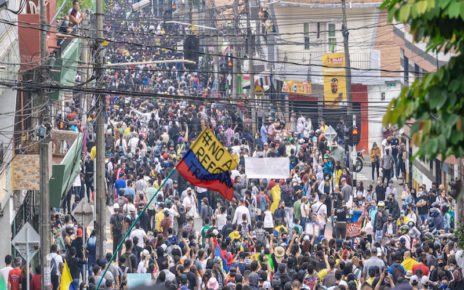
As contested as it may be today, climate change is chiefly accepted as an all-too real phenomenon that is gradually taking its toll and beginning to manifest itself in unwelcome ways. One such way concerns the possibility of heightened conflict and violence, meaning that climate change increasingly finds itself at the heart of policy makers’ and scholars’ debates and concerns.
Whosoever speaks of climate change in conjunction with violence is likely to evoke memories of relatively ineffectual eco-terrorist groups, such as the Earth-Liberation Front. The latter were actually considered to be the USA’s primary terrorist threat back in 2001, albeit in March, prior to the 9/11 attacks. However in the context of the increasing threat of violence following on from climate change, eco-terrorist groups are relatively insignificant: underdeveloped countries with unfavourable climatic conditions are where the real risk lies.
Enter Africa. Although tarring all 55 UN-recognised states in the continent with the same brush may seem crass and negligent, the fact of the matter is that Africa is unequivocally recognised as the continent most vulnerable to extreme alterations in rainfall patterns resulting from climate change, and this despite being the one to contribute the least to greenhouse gases.
Africa is divided between those regions predicted to see an augmentation in rainfall (by and large sub-Saharan Africa), and those deemed to be experiencing increasingly frequent droughts and erratic precipitations. Countries within or north of the Sahel belt fall in this latter category and are therefore where the issue lies. Why? Because combined with weak governance and predominantly arid climates, the fact that agriculture is the mainstay of the livelihoods of so many in the region makes for worrying prospects when systematically irregular and decreasing rainfall patterns are added to the equation.
Such erratic rainfall patterns are all too likely to lead to uncertainty and precariousness for those whose livelihoods depend on agriculture, be it commercial or of subsistence. Where governments are unwilling or unable to offset the adverse effects of decreasing rainfall, civil unrest becomes that much more likely.
One need only look at Mali for illustration. In 2011 violence broke out near the village of Karbaye, located within the Niger River Delta. Competition over sparse water resources as a result of insufficient rainfall and drought culminated in a clash between herding and farming communities, the subject of which was a nearby watering hole. The violence between the two communities — arguably exacerbated by ethnic considerations, but predominantly caused by the threat to livelihoods — led to three dead and approximately 15 wounded.
Where climatic, socio-political (and to a lesser extent economic) factors are ‘ideal’, a significant decrease in rainfall stands every chance of acting like a spark to gunpowder.
Further east, on the Burkina Faso-Mali border, Malian Dogon farmers and Burkinabe Fulani herders came to blows in 2012. This particular instance illustrates the point on weak governance: an agreement between the two states vis-à-vis ethnic groups living on the border ensured that Fulani herders crossed into Mali for grazing and drinking purposes without hindrance. However the Dogon farmers had cause for grievance, as the Fulani cattle regularly trampled the Malians’ scanty crops. Shortly after the ousting of Mali’s president Toumani Touré on March 22, the Dogon farmers either deemed the agreement to be null and void or took advantage of instability in the higher echelons of the state to take matters into their own hands. Violence broke out on May 25 and culminated in an estimated thirty dead.
These clashes took place in a context of historically amiable relations between different ethnic groups in southern Mali and Burkina Faso: the violence was not premeditated, and the communities were predisposed to hostility towards each other only insofar as they had argued over the contested matters beforehand. The violence occurred for the simple reason that livelihoods were at risk.
If clashes therefore start to arise between communities with cordial relationships, one can only imagine what might happen where enmity exists. For a glimpse at this possibility, one might consider the common view that the Arab Spring was partly enabled by soaring food prices. One should also take into account the war in Darfur, which is often asserted to have its roots (or at least some of them) in the competition and animosity that arose from insufficient arable land and water resources in the last three decades. Combined with ethnic tensions – in this case between black Africans and Arabs – such competition could prove devastating.
The latter point on ethnic tensions is not to be ignored as it is symbolic of the auxiliary role that climate change plays. To claim that there is a direct link between the phenomenon and conflict is far-fetched; such assertions would likely be met with accusations of scaremongering and alarmism. However this does not preclude the possibility – and indeed, likelihood – that climate change can act as a conflict-multiplier. Where climatic, socio-political (and to a lesser extent economic) factors are ‘ideal’, a significant decrease in rainfall stands every chance of acting like a spark to gunpowder.
Climate change is therefore by no means the be-all and end-all of North African instability and conflict; however to dismiss its contribution outright, or even to downplay it, would be a grave mistake.




